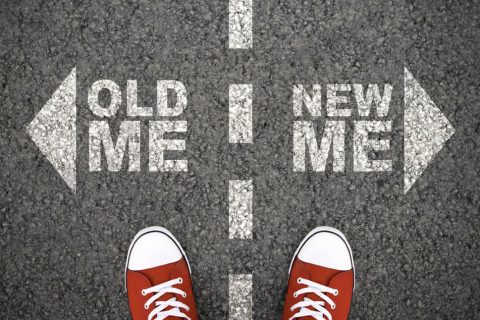Navigating the Path to Sobriety: The Integral Role of Counseling in Alcohol Detox and Drug Recovery

Embarking on the journey of alcohol detox and drug recovery is a profound and transformative experience. While detoxification addresses the physical aspects of addiction, counseling plays a pivotal role in addressing the psychological and emotional components. In this exploration, we delve into the significance of counseling as a cornerstone of comprehensive recovery, shedding light on its various forms and the positive impact it can have on individuals seeking sobriety.
Counseling is instrumental in uncovering and addressing the underlying issues contributing to addiction. By delving into the roots of substance abuse, individuals can gain insights into the triggers, traumas, and patterns that fuel addictive behaviors.
One size does not fit all in recovery. Counseling allows for the formulation of individualized treatment plans that cater to the unique needs of each individual. Therapists work collaboratively with clients to identify goals, coping mechanisms, and strategies for sustained sobriety.
Emotional support is a cornerstone of the counseling process. A therapist creates a safe and non-judgmental space where individuals can express their fears, anxieties, and challenges. This emotional support is invaluable in fostering trust and encouraging open communication.
The Role of Counseling in Alcohol Detox:
Alcohol detox is a critical phase in recovery, often accompanied by challenging withdrawal symptoms. Counseling provides individuals with coping strategies to navigate these symptoms, ensuring a smoother transition during the detoxification process.
The risk of relapse is significant during and after alcohol detox. Counseling equips individuals with tools to recognize triggers, manage cravings, and build resilience against the allure of substance use. By addressing the psychological aspects of addiction, counseling reinforces the foundations of recovery.
Various behavioral therapy approaches, such as Cognitive Behavioral Therapy (CBT) and Dialectical Behavior Therapy (DBT), are integral components of alcohol detox counseling. These therapies help individuals identify and change unhealthy patterns of thinking and behavior, promoting long-term sobriety.
The Comprehensive Role of Counseling in Drug Recovery:
Drug addiction often coexists with trauma and other mental health disorders. Counseling provides a platform for individuals to explore and process underlying traumas, anxiety, depression, or other co-occurring conditions. Addressing these issues is paramount for holistic recovery.
Counseling imparts essential coping skills that empower individuals to face life’s challenges without resorting to substance use. These skills may include stress management, problem-solving, and emotional regulation, enabling individuals to navigate the complexities of daily life without turning to drugs.
Substance abuse can strain relationships and family dynamics. Counseling extends beyond the individual to include family and relationship therapy. This collaborative approach helps repair and strengthen support systems, fostering an environment conducive to sustained recovery.
Sustainable recovery involves not just abstaining from substances but also making positive lifestyle changes. Counseling assists individuals in setting and achieving goals related to employment, education, and overall well-being, ensuring a more stable and fulfilling life in recovery.
Aftercare and Relapse Prevention:
Counseling remains a crucial component of aftercare and relapse prevention. Regular sessions help individuals stay connected with their support systems, address emerging challenges, and reinforce the skills learned during the initial phases of recovery.
Group counseling and support groups play a pivotal role in fostering a sense of community. Sharing experiences with others who understand the journey of recovery can be profoundly validating and supportive.
Counseling stands as a linchpin in the process of alcohol detox and drug recovery, addressing the multifaceted aspects of addiction. By providing tailored support, exploring underlying issues, and equipping individuals with coping strategies, counseling empowers individuals on their path to sobriety. As a dynamic and evolving process, counseling remains an ongoing resource, supporting individuals through various phases of recovery and contributing to a life marked by resilience, growth, and lasting well-being.





